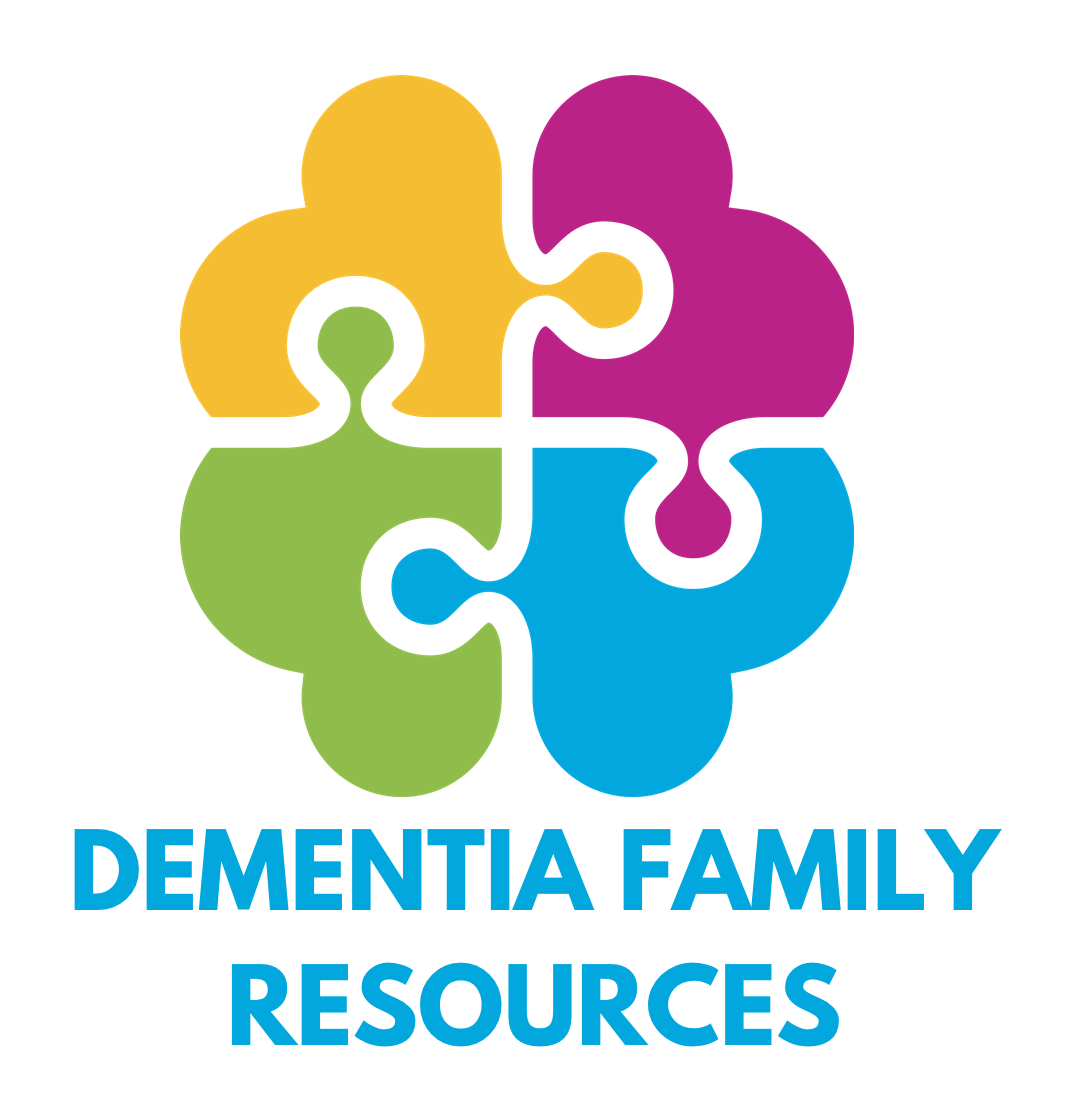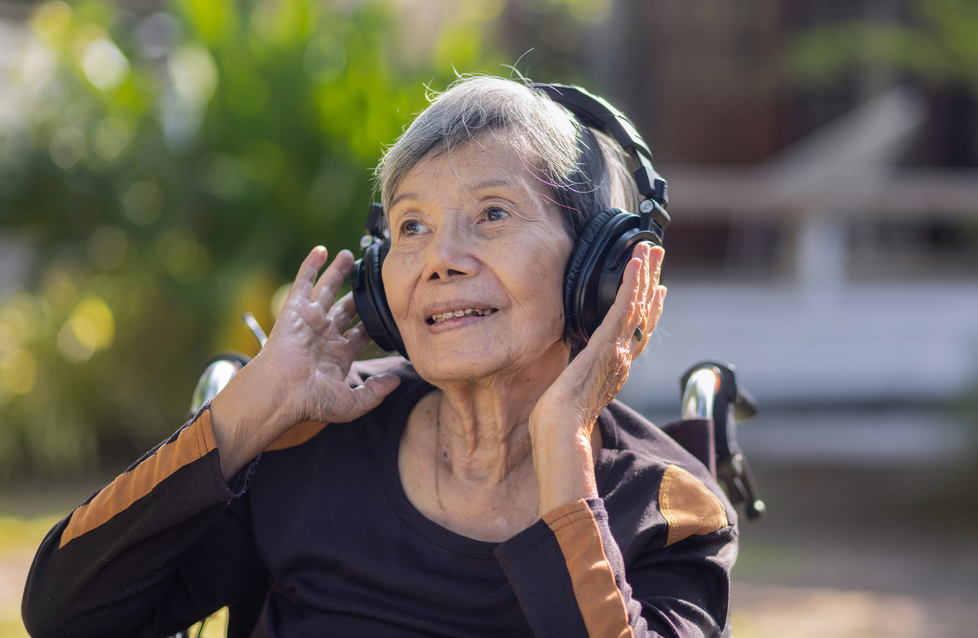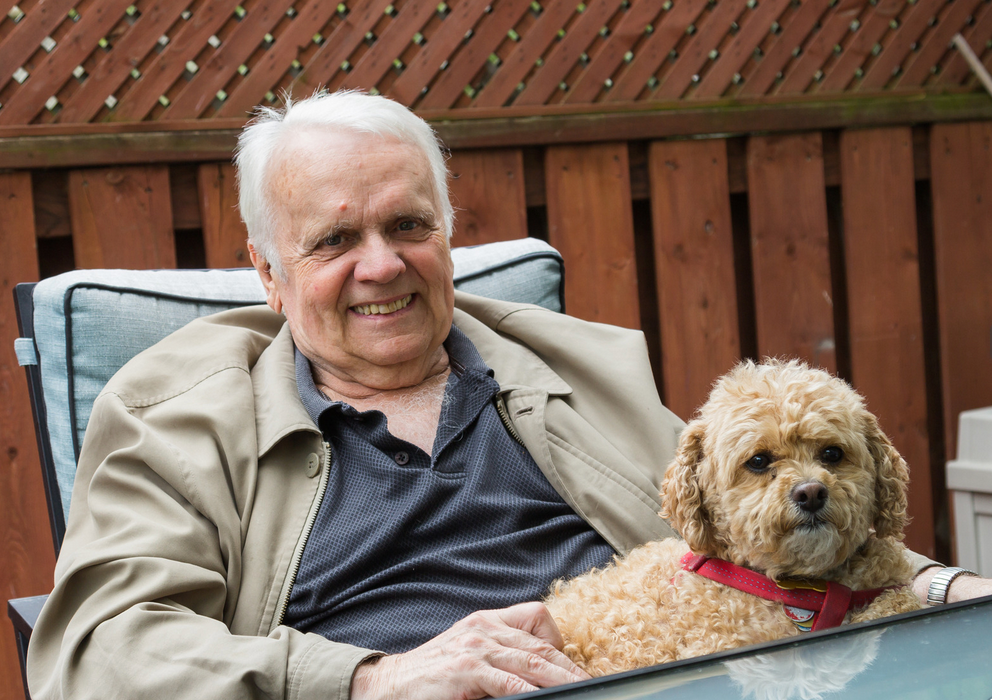
Contact Us
We will get back to you as soon as possible
Please try again later
The Impact of Music on Dementia Patients
Music Makes the Difference

Music is a universal language, a remarkable tool that can reach the deepest corners of our minds and hearts. For dementia patients, music can be more than just enjoyable—it can be therapeutic.
The Science Behind Music and Memory
According to numerous studies, the human brain's response to music is deeply tied to memory and emotion. This is particularly true for dementia patients, and there's a scientific reason behind it. The parts of the brain responsible for musical recognition and appreciation remain largely unaffected by Alzheimer's and other forms of dementia, allowing music to reach parts of the mind that other forms of communication cannot.
Music Therapy in Action
Music therapy has been used as a form of non-pharmacological intervention for dementia patients. Research shows that patients who are exposed to familiar music show an increase in lucidity and responsiveness, reducing symptoms of anxiety, agitation, and depression. Music can reawaken memories, spark conversations, and even inspire physical movement like dancing, which can significantly improve patient wellbeing.
Personalizing Music Therapy
The use of personalized music playlists, tailored to the individual's personal history and preferences, is a promising approach in dementia care. Through music, a person's identity can be reinforced, providing comfort and a sense of continuity in an often confusing reality.
The Role of Caregivers
For caregivers, music offers an avenue for connection. Singing a beloved song, dancing to a familiar tune, or simply listening to music together can provide a valuable shared experience, fostering emotional bonds and promoting understanding.
Conclusion
In conclusion, music's impact on dementia patients is profound and multifaceted. It stirs memory, boosts mood, reduces anxiety, and fosters connection. As we continue to explore its potential, one thing is clear: music has the power to touch the lives of dementia patients in ways that few other therapies can.









